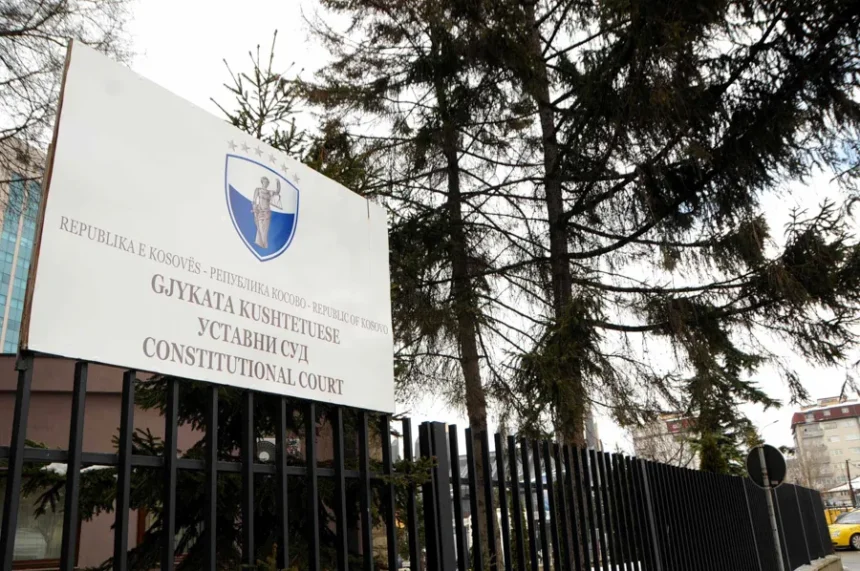The institutional gridlock in the Kosovo Assembly has intensified, as two opposition parties, the Democratic Party of Kosovo (PDK) and the Democratic League of Kosovo (LDK), have turned to the Constitutional Court with new requests. They are challenging the management of the recent constitutive sessions of the Assembly.
PDK Challenges Constitutionality of Assembly Actions
On Thursday, PDK confirmed it had officially submitted a request to the Constitutional Court to assess the constitutionality of actions taken during the last three Assembly sessions.
“The Democratic Party of Kosovo has submitted an official request to the Constitutional Court for the assessment of the constitutionality of actions undertaken during the constitutive session of the Assembly of Kosovo held on June 29 and its continuations on July 1 and July 3, 2025, i.e., the sessions held after the Constitutional Court’s Judgment,” the party’s statement read.
PDK’s contestation focuses on several points:
- The request for proposals for members of the Committee for Secret Voting.
- The vote on this Committee.
- The Committee’s voting process itself.
- The arbitrary interruption of the session after the Committee’s non-approval.
PDK, which came in second in the parliamentary elections, has asked the Constitutional Court to declare the decision for the secret voting committee and the decision to interrupt the constitutive session unconstitutional. They also seek an order for the Assembly to continue the session until the Speaker is elected through an open vote.
LDK Also Contests Session Continuation
The LDK has taken a similar stance, filing a separate request with the Constitutional Court on Friday. This request specifically challenges the continuation of the constitutive session after the Constitutional Court’s judgment.
“In our assessment, this decision was made in contradiction with the Constitution and the Assembly’s Rules of Procedure,” stated Shkëmb Manaj, an LDK official.
Manaj emphasized that “the constitution of the Assembly’s bodies is the responsibility of the largest parliamentary group, which must act responsibly, in cooperation with other political entities, and in accordance with the constitutional order and parliamentary procedures.” He added that “institutional deadlock is not resolved by unilateral actions, but by dialogue, respect for the Constitution, and political consensus.”
Previous Constitutional Court Ruling and Ongoing Deadlock
It’s worth noting that last week, the Constitutional Court issued a decision following an opposition request for clarification regarding secret voting. Among other things, political entities were obligated to constitute the Assembly within 30 days, although it was not clarified what would happen after this deadline if agreement is still not reached.
No progress was made even in Thursday’s session, as the Vetëvendosje Movement, for the third time in a row, refused to implement the Constitutional Court’s Judgment.







